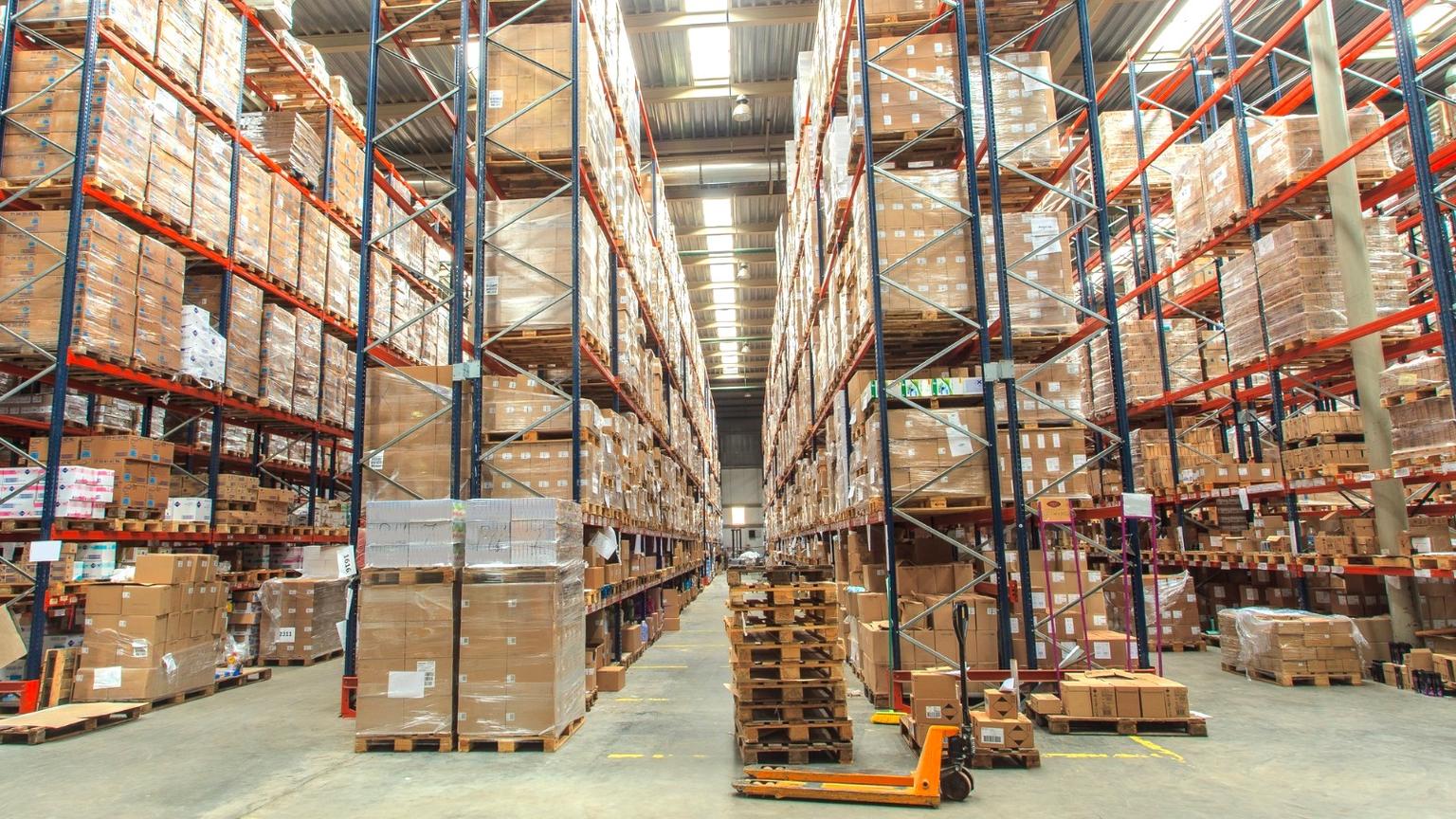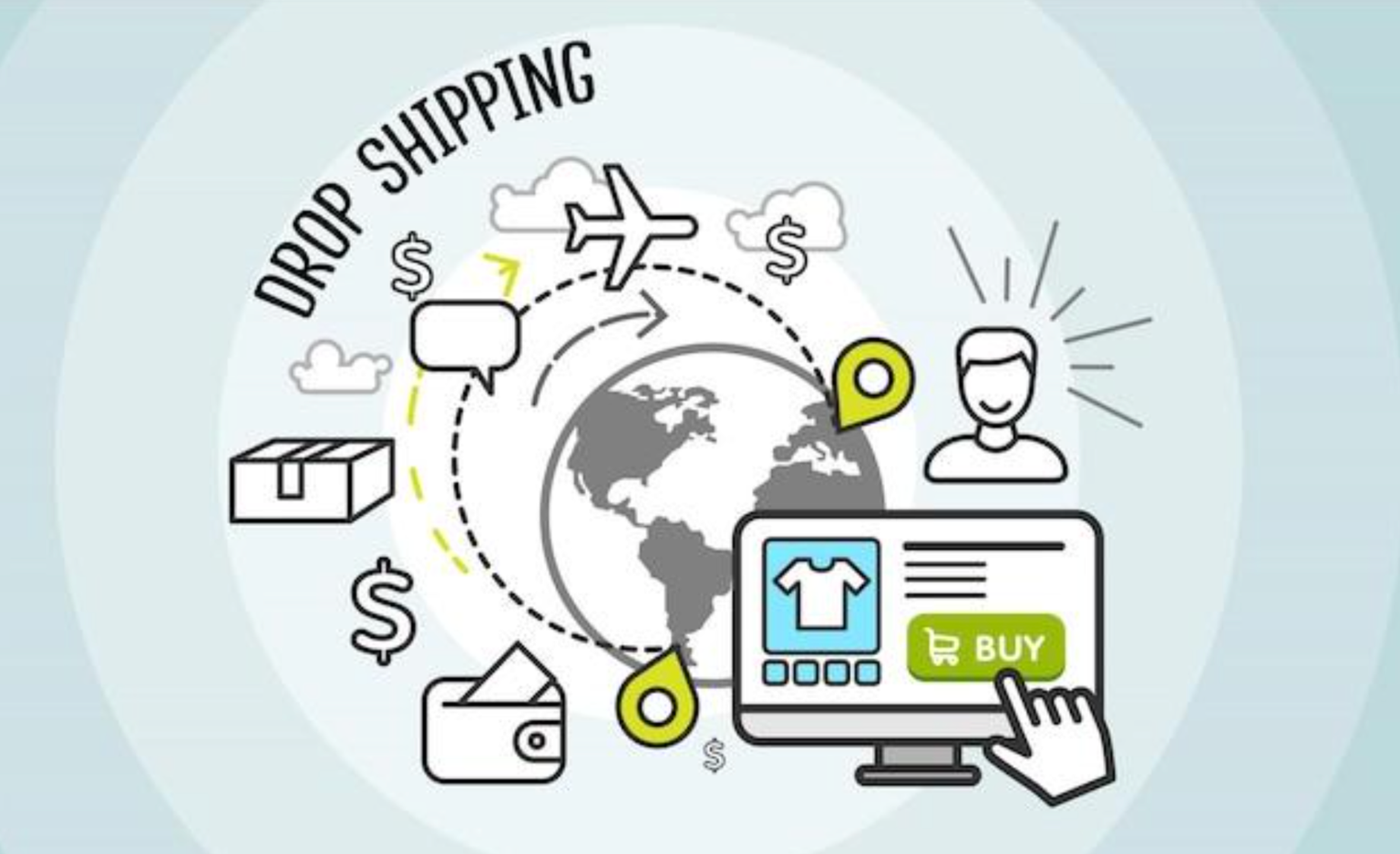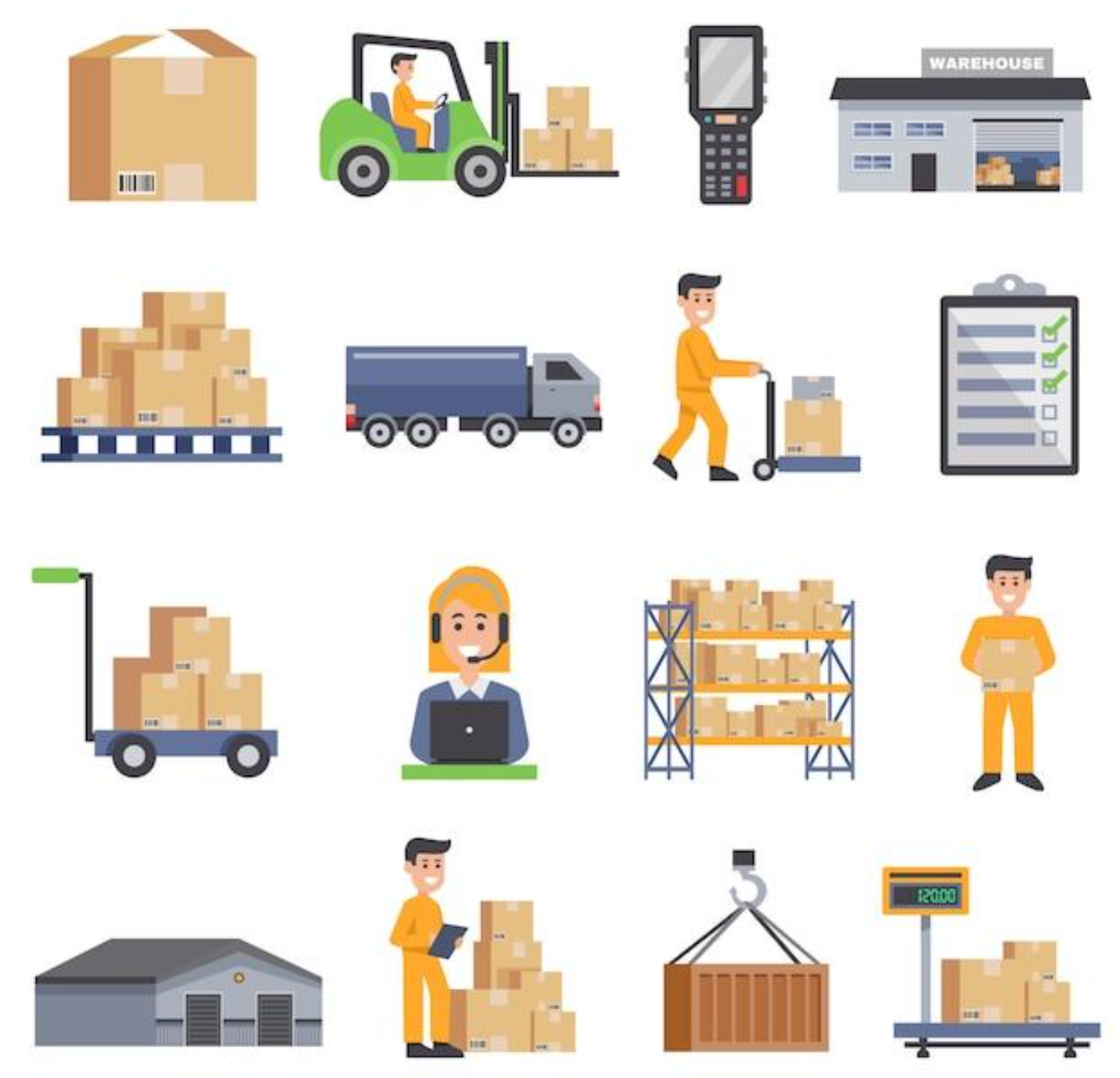Dropshipping Vs Wholesale: Two Profitable Business Models
Explore the differences between dropshipping & wholesale, two popular e-commerce business models. Learn these models & set yourself up for success.


What’s Dropshipping Fulfillment Model?

Source: Freepik
In the dropshipping model, the eCommerce store owner directly places an order with a vendor, usually a wholesale company. All you have to do is provide the vendor with your customer’s details and they will ship the products directly to your customer.
Dropshipping is a low-risk fulfillment method because you don’t have to own any inventory or purchase stock in bulk. Even if you select the wrong product to sell, you can quickly terminate your listing and move to a different product without having to worry about unsaleable stock. As it takes a lot of internal management off your hands, you get more time and bandwidth to focus on more critical activities that drive business growth, such as marketing.
Dropshipping is cost-effective, convenient, and one of the most trending retail businesses. Many retailers across the globe are using dropshipping for many years now. Luckily, it doesn’t need a large investment. Therefore, even new and low-scale sellers can take advantage of this eCommerce business model. It is a lucrative business model for internet-based storefronts as well as small retail shops.
Benefits of Dropshipping
- Less risky as no capital needs to be invested
- No upfront investment in products is needed
- You can choose from a variety of products
- More convenient, cost-effective, and timesaving as you don’t have to worry about storage, packing, and shipping
- You can operate your eCommerce business from practically anywhere
- Easy to switch products if a category doesn’t perform well
- Less responsibility on your shoulders
- Easy to diversify your offerings
Drawbacks of Dropshipping
- Small profit margins so you’ll have to sell high volumes to make a profit
- Dependence on vendors for product information
- Reputational damage if order errors or shipping delays occur
- Not much flexibility to offer deals or discounts
- No possibility of negotiating your vendor’s pricing
- No option to build your own brand so no brand recognition
- No option to customize the customer experience
- Huge competition in the market
What’s the Wholesale Fulfillment Model?

Source: Freepik
In the wholesale fulfillment model, sellers approach manufacturers directly and purchase products in bulk to get a more promising price per item. As the products are already branded and quite established, all you have to do is list the product on your online store and incur sales based on their existing reputation. Unlike dropshipping, you are responsible for maintaining the inventory and shipping the items to your customers.
When buying wholesale, you can obtain a huge discount as compared to purchasing items individually. This discount further improves as your order volumes increase. This means that your profit margins can increase considerably over time.
As wholesale gives you direct control over the order fulfillment process, you can easily customize the packaging and unboxing experience of your customers. This allows you to make a positive impression on your consumers, helping you foster customer loyalty and increase the chances of repeat orders.
Benefits of Wholesale
- Bulk buying can get you a generous discount
- You can customize the customer experience
- You don’t rely on the vendor for shipping or product information
- Flexibility to offer deals and discounts
- Higher profit margin
Drawbacks of Wholesale
- Hassle of managing the inventory and shipments
- Massive upfront investment as you’ll have to purchase products
- Possible difficulties with cash flow, especially if you have small order volumes
- Need for a warehouse and inventory management systems
- Competition with other retailers
- More time-consuming as you have to manage everything
Dropshipping vs. Wholesale: Which One Should You Choose?
When comparing the two models, the biggest difference is that dropshipping allows you to farm out inventory management, order fulfillment, packing, and shipping to external partners. On the other hand, wholesale necessitates you to take responsibility for these operations yourself.
Your decision should eventually depend on the products you’re looking to sell as well as your order volumes, expected growth, and whether you can manage stock and shipping independently.
Still not sure which eCommerce fulfillment model is right for you? We can help you make the right decision. At AWM, we can organize all the logistics and empower you to formulate a cost-effective fulfillment strategy based on your company’s unique needs. Our eCommerce experts leverage automation to maximize your store’s revenues and margins.
We believe in diversifying your eCommerce portfolio and compounding a dropshipping business with a wholesale business to leverage the wealth building benefit of the wholesale model and the scalability of dropshipping. This approach will help you quickly become profitable. Reach out to us to discuss your requirements.